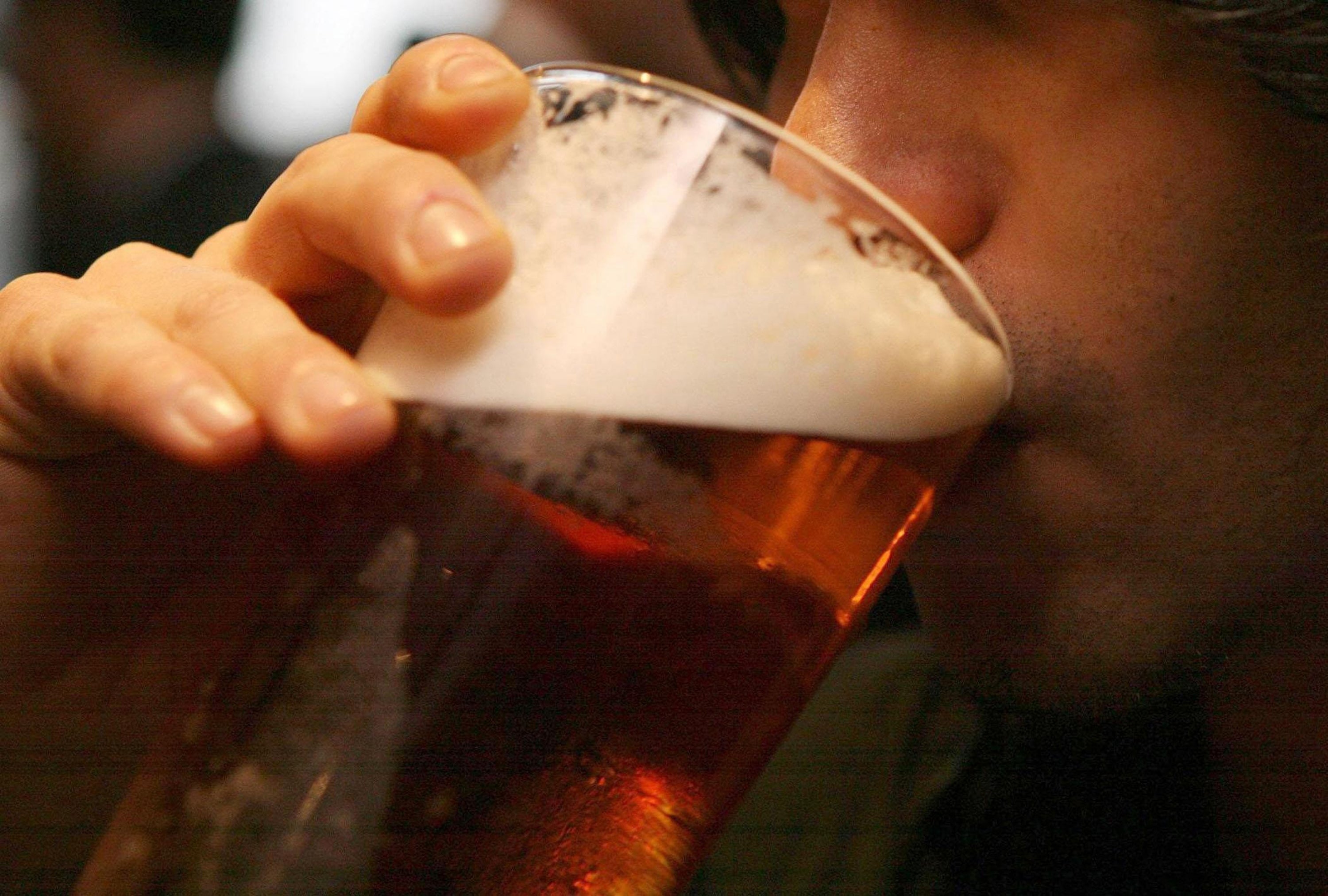Less than half of people who vowed to cut back on drinking stuck to plan – poll
Drinkaware says a survey found 46% of drinkers who vowed to cut back on alcohol after restrictions lifted stuck to their plans.

Less than half of the people who swore they would cut down on alcohol once coronavirus restrictions were lifted in the UK stuck to it.
A June survey, carried out by YouGov on behalf of Drinkaware found 17% of 9,137 people surveyed said they were intending to reduce their drinking when lockdown eased, but only 46% had cut down by December.
Drinkaware research has found that 23% of people surveyed cut down for a bit before they fell back into old drinking habits, but 23% failed completely.
The alcohol education charity said there were several reasons given for why people did not stick to their vow to drink less, with 49% citing alcohol helping them with stress and anxiety, 36% saying it relieved boredom and 18% claiming it was something to do with friends and family.
Drinkaware said half of those who failed to cut back are looking to drink less in January and 22% of those are aiming to take part in Dry January.
In June, Drinkaware revealed almost half of UK adults who were made redundant or were in the process of redundancy were drinking more than they usually would before the pandemic.
It’s never too late to make a change and think about cutting back, whether that’s factoring in more drink-free days, swapping to low-alcohol or alcohol-free options, or stopping completely
A total of 35% of people surveyed said taking drink-free days had helped, whereas 23% said avoiding drinking alcohol on a “school/work night” helped.
Some 19% cited not having alcohol in at home helped ease their drinking and 16% said staying off alcohol for a fixed amount of time meant they drank a lot less.
The summer poll also suggested that two-thirds of drinkers were drinking at high-risk levels (more than 34 units of alcohol a week for women and more than 50 for men), more than they would have before the pandemic.
Annabelle Bonus, director of evidence and impact at Drinkaware, said: “Even with the best of intentions, it can be incredibly tough to reduce the amount you drink, especially once you’ve got into the habit of having more.
“The current uncertainty about Omicron is also likely to be contributing to feelings of stress and anxiety which people said were a barrier to them cutting back.
“Regularly drinking above the UK chief medical officers’ guidelines of 14 units a week can increase your risk of a range of health conditions including seven types of cancer so don’t be put off if you’ve failed to stick to your plans.
“It’s never too late to make a change and think about cutting back, whether that’s factoring in more drink-free days, swapping to low-alcohol or alcohol-free options, or stopping completely.
“It’s easy to lose track of how quickly alcohol units add up and keeping a tally is a helpful way to lower the risk of alcohol affecting your health. Downloading the Drinkaware app is a first step for many in making a change to a healthier life.”
Bookmark popover
Removed from bookmarks